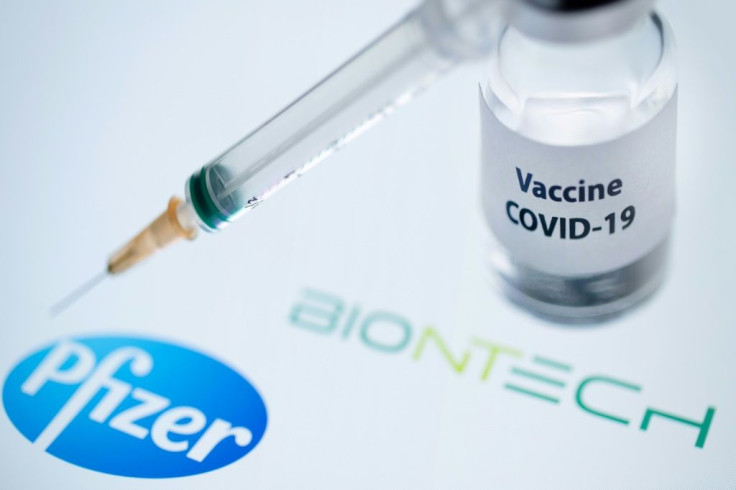The UK grants approval for Pfizer vaccine

"Help is on the way."
That was the message from UK Health Secretary Matt Hancock this morning, announcing that the United Kingdom has become the first Western country to grant emergency approval for the Pfizer/BioNTech Covid-19 vaccine.
The vaccine
The newly approved vaccine was jointly developed by US-based pharmaceutical firm Pfizer and Germany’s BioNTech. Pfizer revealed in a press release that the vaccine has been shown to be more than 90% effective at preventing Covid-19 and has no serious safety concerns. It is administered in two doses, approximately three weeks apart, with the 90% effectiveness occurring a week after the second dose.
The vaccine must be stored at extremely cold temperatures (the recommended storage environment is -70°C.) Doses for the UK and Europe will be produced in Belgium and sent to Pfizer’s network of distribution centers using specialized containers.
Distribution: when and how?
Vaccinations are expected to begin as soon as next week. According to the BBC, 800,000 doses are en route to the UK in the coming days with several million more arriving throughout the month. Because of the requirement to keep this vaccine ultra-cold, it will only be sent to major hospitals for distribution. The Wall Street Journal reports that 40 million doses have been ordered for the UK, enough to vaccinate 20 million people-- a little under one-third of the country’s population.
The UK will be distributing the vaccine to its most vulnerable populations first. PBS reports that healthcare workers will receive the vaccine during the first wave of inoculations, followed by home care residents. From there, priority will be given to older age groups and those with underlying health risks before the vaccine is eventually released to the general public.
Competition across the globe
Pfizer’s vaccine isn’t the only one in development. A similarly effective vaccine from rival firm Moderna is also nearing approval. A third western vaccine, from Oxford University and AstraZeneca, also has shown strong results but is facing increased scrutiny from regulators and concerns among the scientific community over dosing issues and a trial participant’s claims that he was badly injured by the vaccine. Legal action on both sides has ensued.
According to a report from the Associated Press, EU approval for the Pfizer vaccine is expected during a meeting on December 29th with talks about Moderna’s offering in January, while the US is still hoping to make its choices on both vaccines before Christmas.
Russia and China have both approved home-grown vaccines and are marketing them to countries around the world. These have not yet finished clinical trials, however, and the results have yet to be confirmed.
The take home
The UK’s announcement is a major step in fighting the coronavirus. Though the UK has given approval first, other nations are expected to begin distribution within the coming months. Once more vaccines are developed and enter circulation, control of the pandemic may finally be within reach.
Sean Marsala is a health writer based out of Philadelphia, PA. Passionate about technology, you can usually find him reading, browsing the internet, and exploring virtual worlds.



























